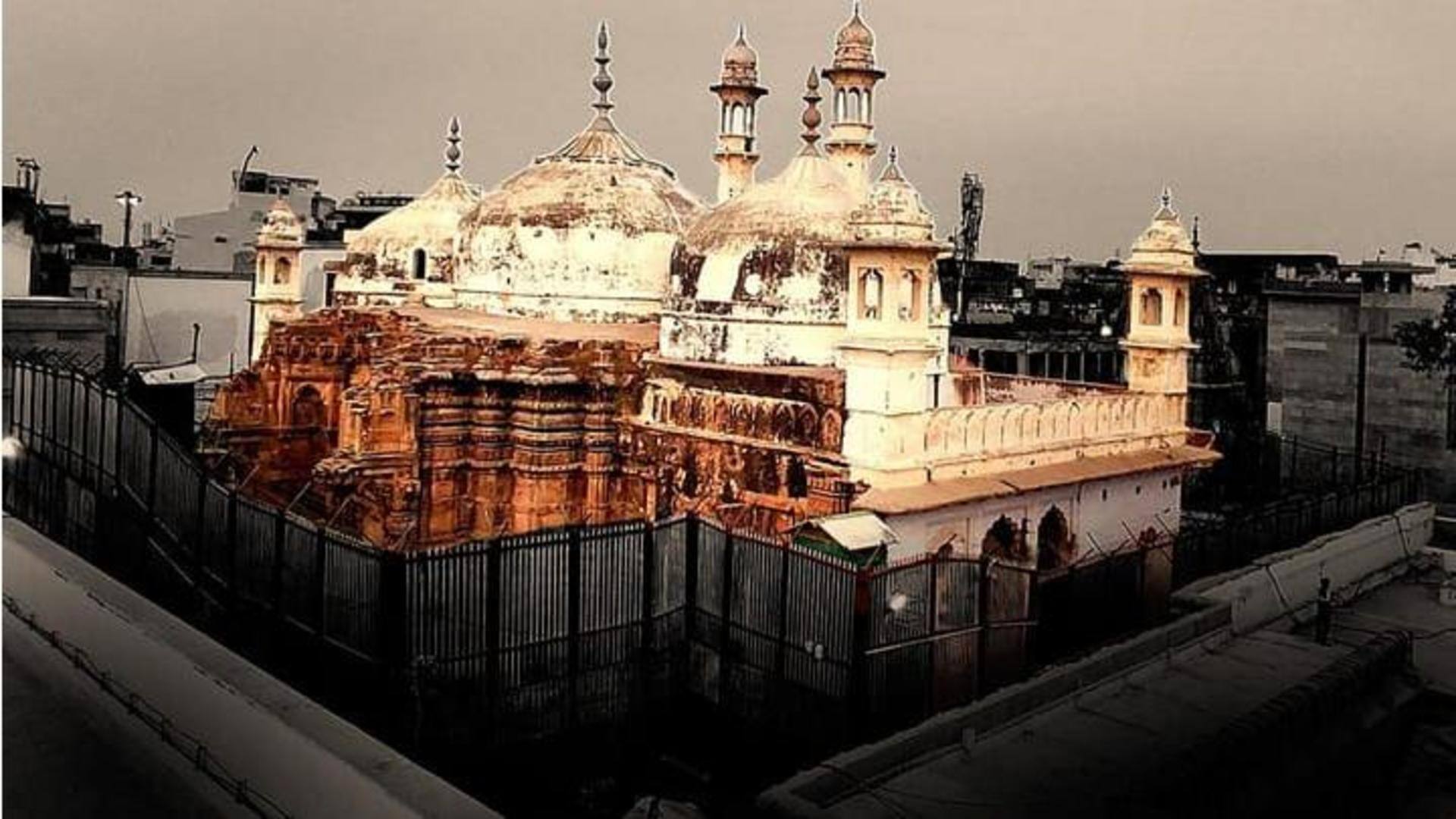
Gyanvapi Mosque case: After stepping down, Hindu petitioner seeks 'euthanasia'
What's the story
Rakhi Singh, one of the five women petitioners in the Varanasi Gyanvapi Mosque case, has written to President Droupadi Murmu requesting "euthanasia," days after withdrawing her name from the case, reported NDTV. In her letter, she alleged that her four fellow petitioners and their lawyers had spread "false propaganda" against her and that she is under "mental pressure."
Details
Singh sought Murmu's response by Friday
Notably, Singh, along with other petitioners, had approached a court in Uttar Pradesh seeking the right to perform Hindu rituals and prayers daily inside the Gyanvapi Mosque. The case is currently being heard in Varanasi's district court. Singh has sought Murmu's response by Friday (June 9) or else she would take her own decision, she reportedly claimed in the letter.
More details
Singh stepped down from Gyanvapi-related cases on Saturday
According to reports, Singh has detailed what she called harassment and persecution by fellow petitioners in her letter. This comes after her uncle, Jitendra Singh Visen, one of the main Hindu petitioners in the case, announced on Saturday that he and his family were stepping down from all Gyanvapi Mosque-related cases. He called the case his "biggest mistake" and alleged harassment from several quarters.
Reactions
All allegations are baseless: Fellow petitioner, lawyer
Following Singh's allegations, senior advocate Harishankar Jain, who represents four other women, reportedly said, "We are contesting the Shringar Gauri-Gyanvapi and other related cases with full dedication. All allegations are baseless. I do not want to waste my energy and time by reacting to baseless allegations." Meanwhile, a fellow woman petitioner, Rekha Pathak, also dismissed the allegations leveled against them.
Background
Singh filed original lawsuit in August 2021
Singh and four other women petitioners filed the original lawsuit in August 2021, seeking permission to worship at Maa Shringar Gauri Sthal, which they claimed was inside the Gyanvapi Mosque complex. However, later differences emerged between the women petitioners. Notably, a pre-existing legal order has allowed Hindu women to symbolically worship the goddess once a year in the mosque complex.